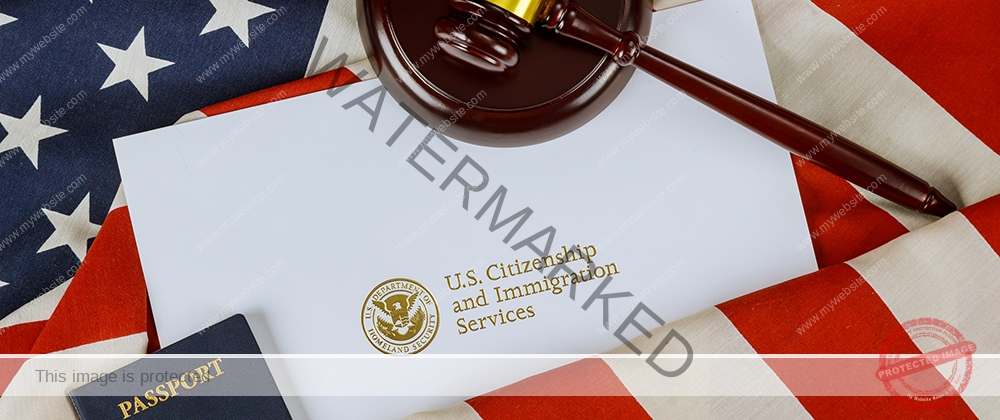As the U.S. economy continues to be far from what it used to be with it still recovering at a sluggish pace, the Obama administration continues to emphasize the role immigration reform would have in promoting innovation and entrepreneurship in this country. According to the National Venture Capital Association, immigrants have started 25% of U.S. public companies, including Google, eBay, Yahoo! Intel, and Sun Microsystems; and these companies employ around 220,000 people in the United States. Similarly, immigrant inventors or co-inventors have contributed to more than a quarter of U.S. global patent applications. Furthermore, through the goods and services immigrants buy from U.S. businesses coupled with the businesses they create of their own, they are a major contributing factor that helps sustain U.S. jobs. Therefore, it was no surprise when the Domestic Policy Council Director at the White House spoke at an event hosted by The Hamilton Project of the Brookings Institution regarding the administration’s commitment to immigration reform and easing pathways for foreign investors in the United States. Some of the major impediments affecting foreign entrepreneurs revolve around immigration matters, forcing them to face barriers when seeking authorization to direct, operate, manage, or work for the investment. If these barriers were to be eased, it would be a great benefit to the U.S. economy, while also increasing our country’s overall competitive edge.
As the U.S. economy continues to be far from what it used to be with it still recovering at a sluggish pace, the Obama administration continues to emphasize the role immigration reform would have in promoting innovation and entrepreneurship in this country. According to the National Venture Capital Association, immigrants have started 25% of U.S. public companies, including Google, eBay, Yahoo! Intel, and Sun Microsystems; and these companies employ around 220,000 people in the United States. Similarly, immigrant inventors or co-inventors have contributed to more than a quarter of U.S. global patent applications. Furthermore, through the goods and services immigrants buy from U.S. businesses coupled with the businesses they create of their own, they are a major contributing factor that helps sustain U.S. jobs. Therefore, it was no surprise when the Domestic Policy Council Director at the White House spoke at an event hosted by The Hamilton Project of the Brookings Institution regarding the administration’s commitment to immigration reform and easing pathways for foreign investors in the United States. Some of the major impediments affecting foreign entrepreneurs revolve around immigration matters, forcing them to face barriers when seeking authorization to direct, operate, manage, or work for the investment. If these barriers were to be eased, it would be a great benefit to the U.S. economy, while also increasing our country’s overall competitive edge.
Last August, the United States Citizenship and Immigration Services (USCIS) implemented a series of operation, policy and outreach initiatives to induce job growth and fuel U.S. economic competitiveness with an H-IB temporary visa category and anEB-2 National Interest Waiver category that would be extended to foreign national entrepreneurs in an effort to widen the immigration options to foreign investors. Usually the visas investors recur to are the E and L categories for short-term stays, and the EB-5 category for permanent residency. However, these options pose serious limitations since the E visa is only given to nationals of countries with which the U.S. has specific treaties with, the L visa is unpredictable in its distribution, and the EB-5 visa’s $1 million capitalization requirements are often out of reach for many new investors. Some of the changes made in the visas for entrepreneurs include an H-1B temporary visa policy that no longer restricts self-owned businesses from sponsoring themselves for H-1B status. The problem with these changes is that because USCIS has not yet provided further detail, the availability is still inconsistent, and is usually afforded to those individuals who have competent legal representation that is aware of the existence of these options and is willing to go to far lengths to ensure their clients are able to tap into the benefits. For that reason, it is important that these changes in policy be accompanied by a thorough and pragmatic method of implementation for adjudication matters. Adjudicators, who appear to be trained to find any reason to deny an application claiming these benefits, should be trained to shift their focus to the actual legal and regulatory requirements of H-1B and EB-2 and to begin conferring immigrants these benefits because, after all, it is in the national interest of our citizens to do so on account of all the jobs and economic input these investors would provide to our nation.



